Tanvi Mehta
YouTube Ad View Sentiment Analysis using Deep Learning and Machine Learning
May 23, 2022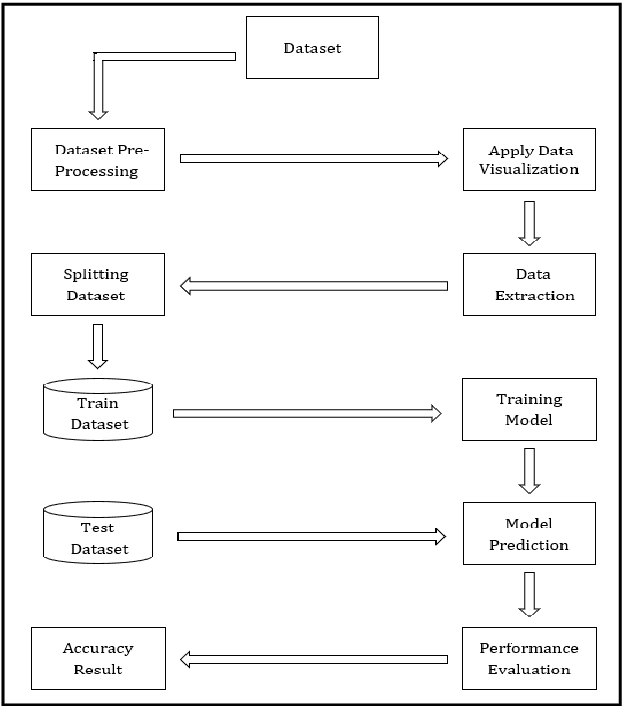
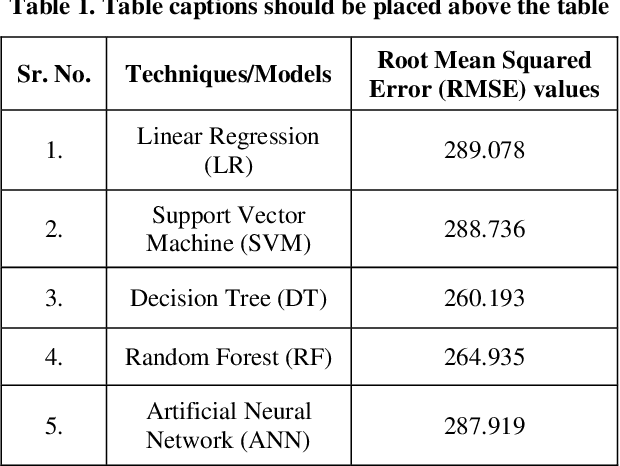
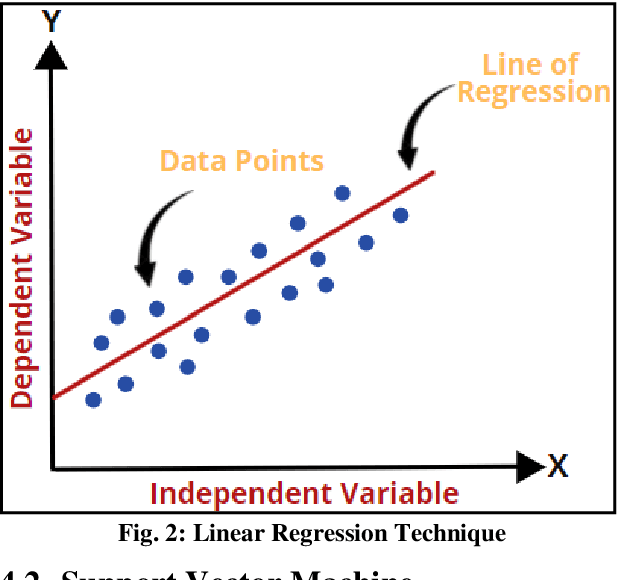
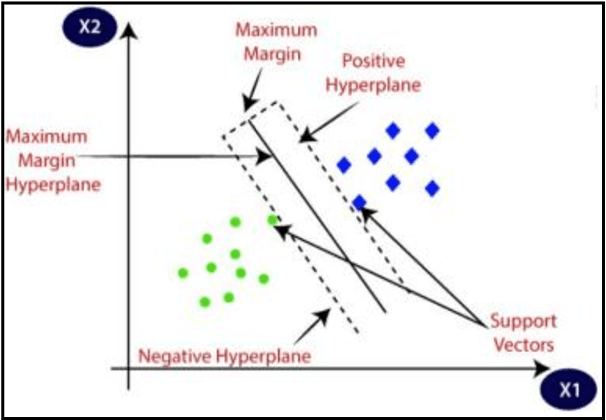
Abstract:Sentiment Analysis is currently a vital area of research. With the advancement in the use of the internet, the creation of social media, websites, blogs, opinions, ratings, etc. has increased rapidly. People express their feedback and emotions on social media posts in the form of likes, dislikes, comments, etc. The rapid growth in the volume of viewer-generated or user-generated data or content on YouTube has led to an increase in YouTube sentiment analysis. Due to this, analyzing the public reactions has become an essential need for information extraction and data visualization in the technical domain. This research predicts YouTube Ad view sentiments using Deep Learning and Machine Learning algorithms like Linear Regression (LR), Support Vector Machine (SVM), Decision Tree (DT), Random Forest (RF), and Artificial Neural Network (ANN). Finally, a comparative analysis is done based on experimental results acquired from different models.
* 5 pages, 9 figures, Published with International Journal of Computer Applications (IJCA)
Sentiment Analysis of Political Tweets for Israel using Machine Learning
Apr 12, 2022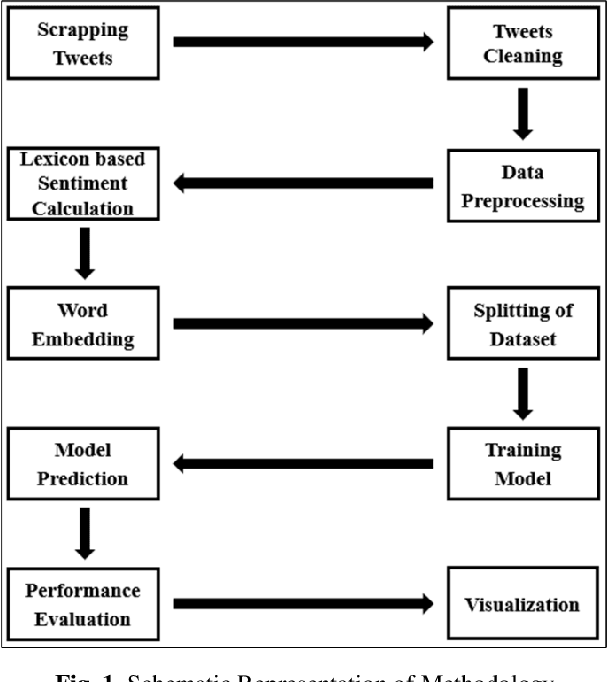


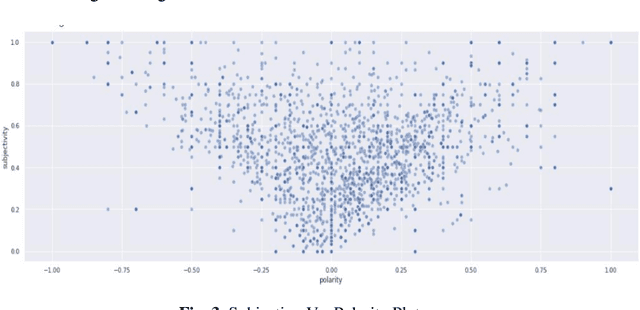
Abstract:Sentiment Analysis is a vital research topic in the field of Computer Science. With the accelerated development of Information Technology and social networks, a massive amount of data related to comment texts has been generated on web applications or social media platforms like Twitter. Due to this, people have actively started proliferating general information and the information related to political opinions, which becomes an important reason for analyzing public reactions. Most researchers have used social media specifics or contents to analyze and predict public opinion concerning political events. This research proposes an analytical study using Israeli political Twitter data to interpret public opinion towards the Palestinian-Israeli conflict. The attitudes of ethnic groups and opinion leaders in the form of tweets are analyzed using Machine Learning algorithms like Support Vector Classifier (SVC), Decision Tree (DT), and Naive Bayes (NB). Finally, a comparative analysis is done based on experimental results from different models.
 Add to Chrome
Add to Chrome Add to Firefox
Add to Firefox Add to Edge
Add to Edge